
Eric Brey, Ph.D.
Eric.Brey@utsa.edu
Research: Tissue Engineering and Regenerative Medicine
My laboratory is focused on the fields of tissue engineering and regenerative medicine through a control and evaluation of vascularized tissue formation. We have expertise in biomaterials, tissue engineering, imaging and vascular biology.
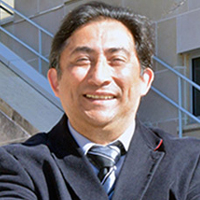
Mario Flores, Ph.D.
Mario.Flores@utsa.edu
Research: Novel Deep Learning and AI Models
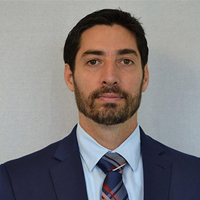
Hugo Giambini, Ph.D.
Hugo.Giambini@utsa.edu
Research: Tissue Engineering and Regenerative Medicine
My current research addresses the mechanical and biomechanical factors influencing hard and soft tissue integrity and performance, as well as non-invasive tissue assessment and modeling using medical imaging. My research interests lie in using biomechanics and imaging tools to improve predictive methods and better understand pathogenesis of musculoskeletal conditions. The long-term goal of my research is to develop clinical tools to enable earlier diagnosis, prescribe effective interventions, and assess outcomes for individuals with musculoskeletal disorders.

Maria Gonzalez Porras, Ph.D.
Maria.GonzalezPorras@utsa.edu
Research: Pathogenesis and Therapy of Metabolic Disfunctions in Obesity and Cancer
Our research interests lie in using multidisciplinary strategies to engineer adipose tissue function for applications in obesity and cancer.
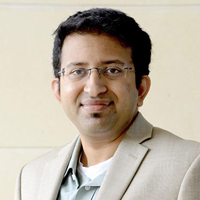
Teja Guda, Ph.D.
Teja.Guda@utsa.edu
Research: Tissue Engineering
My current interests are focused on developing regenerative strategies for musculo-skeletal tissue engineering. On-going projects focus on bio-printing of tissues, drug delivery technology and the development of bioreactors for stimulating tissue regeneration.
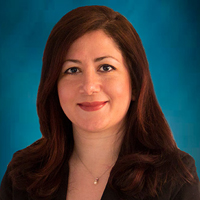
Marzieh Hajiaghamemar, Ph.D.
Marzieh.Memar@utsa.edu
Research: Biomedical Engineering
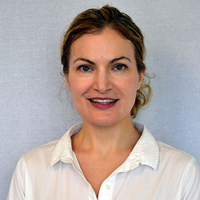
Amina Qutub, Ph.D.
Amina.Qutub@utsa.edu
Research: Biomedical Engineering
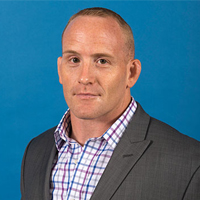
Christopher Rathbone, Ph.D.
Chris.Rathbone@utsa.edu
Research: Skeletal Muscle Dysfunction
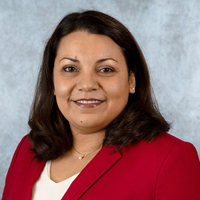
Karina Vielma, Ph.D.
Karina.Vielma@utsa.edu
Research: Biomedical Engineering
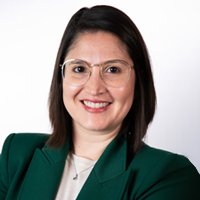
Carolina Vivas-Valencia, Ph.D.
Carolina.VivasValencia@utsa.edu
Research: Innovative Data-Driven Engineering Solutions to Improve Community Health
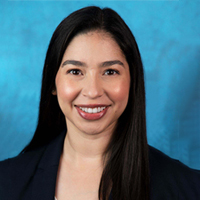
Marissa Wechsler, Ph.D.
Marissa.Wechsler@utsa.edu
Research: Engineered Polymeric Systems
The Wechsler lab focuses on the use of engineered polymeric systems for biomarker detection, drug delivery, and the design of complex biological microenvironments with applications in nanotechnology, biosensing, and tissue engineering. We custom synthesize environmentally responsive (temperature and pH sensitive) hydrogels for protein sensing/delivery and stem cell-based technologies. Diseases our research aims to target includes (but is not limited to) autoimmune diseases, vascular diseases, and osteoporosis.
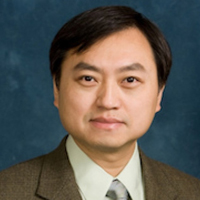
Jing Yong Ye, Ph.D.
JingYong.Ye@utsa.edu
Research: Biomedical Optics and Nanobiotechnology
The research in our lab covers a wide range of areas in biomedical optics and nanobiotechnology, with special emphasis on the development of cutting-edge ultrasensitive and ultrafast laser-based detection techniques and methodologies to address critical issues at the frontier of biomedical research and applications, including cancer research, drug delivery, drug toxicity assays, and neuroscience.
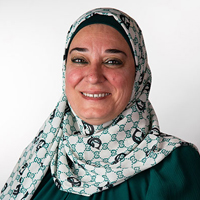
Nehal Abu-Lail, Ph.D.
Nehal.Abu-Lail@utsa.edu
Research: Cell Interaction
My research program is focused on fundamental understanding of how cells interact with surfaces and respond to stresses within their environments. We are interested in prokaryotic as well as eukaryotic cells. While some of our projects are standalone projects of our lab, the majority of them represent interdisciplinary collaborative efforts with other groups.

Eric Brey, Ph.D.
Eric.Brey@utsa.edu
Research: Tissue Engineering and Regenerative Medicine
My laboratory is focused on the fields of tissue engineering and regenerative medicine through a control and evaluation of vascularized tissue formation. We have expertise in biomaterials, tissue engineering, imaging and vascular biology.
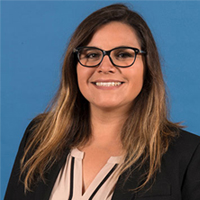
Gabriela Romero Uribe, Ph.D.
Gabrielaromero.Uribe@utsa.edu
Research: Macromolecular Bio-Interfaces
Our research group focuses developing exclusive, powerful nanomaterials systems to manipulate cellular signals and behaviors. We engineer stimuli-responsive soft matter and biocompatible nanomaterials for their applications in drug delivery.

Gongchen Sun, Ph.D.
Gongchen.Sun@utsa.edu
Research: Electrokinetic and Transport Phenomena in Microscale Systems

Mario Flores, Ph.D.
Mario.Flores@utsa.edu
Research: Novel Deep Learning and AI Models
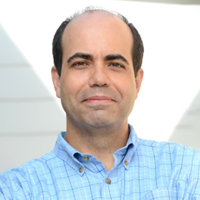
Ender Finol, Ph.D.
Ender.Finol@utsa.edu
Research: Mechanical Engineering
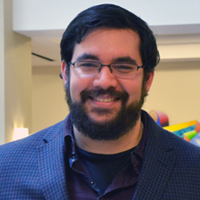
R. Lyle Hood, Ph.D.
Robert.Hood@utsa.edu
Research: Medical Devices
Our Medical Design Innovations Laboratory focuses on the development of innovative medical technologies to better empower surgeons and military and civilian first-responders. We invent and progress medical devices from conception to proof-of-concept to clinical translation.

David Restrepo, Ph.D.
David.Restrepo@utsa.edu
Research: Mechanical Engineering
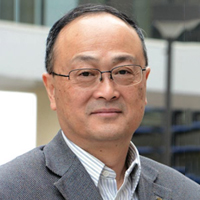
Xiaodu Wang, Ph.D.
Xiaodu.Wang@utsa.edu
Research: Nanomechanics of Bone
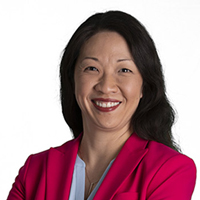
Jenny Hsieh, Ph.D.
Jenny.Hsieh@utsa.edu
Research: Neural Stem Cell Biology
The Hsieh laboratory is a neural stem cell biology laboratory that focuses on 4 major areas: (1) epilepsy-in-a-dish, (2) 3D cerebral organoids, (3) patient recruitment, and (4) mechanisms of adult neurogenesis.

Christopher Navara, Ph.D.
Christopher.Navara@utsa.edu
Research: Pluripotent Stem Cell Biology
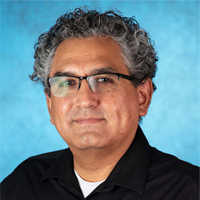
Fidel Santamaria, Ph.D.
Fidel.Santamaria@utsa.edu
Research: Computational Neuroscience
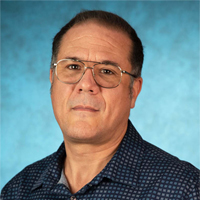
Francesco Savelli, Ph.D.
Francesco.Savelli@utsa.edu
Research: Cognitive Neurophysiology
Research in Dr. Savelli’s lab is centered on how neurons of the hippocampal formation process information. One high-level function concerns the use of perceptual information of external landmarks (e.g., from the visual system) and the internal sense of motion (e.g., from the vestibular or motor systems) to dynamically create your sense of location relative to a mental map of the surrounding environment. Neurons of the hippocampal formation such as place cells, grid cells, and boundary cells appear to participate in this function. Experimental and computational work in the laboratory is motivated by several broad questions: 1) What role exactly these cells have in the computations that are necessary for creating the map and for updating your sense of location; 2) How subcortical regions participate in this process; and 3) How all this relates to other types of cognitive abstractions that the hippocampal formation creates beyond maps (e.g., of time, or of autobiographical memories).


